
Recently elected to the Brazilian Academy of Letters, the journalist talks about the role of the press in defending democracy, attacks she faced throughout her career and the role of artificial intelligence in journalism.

At a global gathering of fact-checkers in Rio, top Brazilian authorities warned that unchecked digital platforms are reshaping public debate in ways that threaten democratic norms. Their remarks shed light on the legal and political reasoning behind Brazil’s push to regulate online disinformation.

Laren Aniceto sought therapy looking to save her marriage. She wound up uncovering that her therapist had lost her medical license and had been accused of manipulating and defrauding her patients.
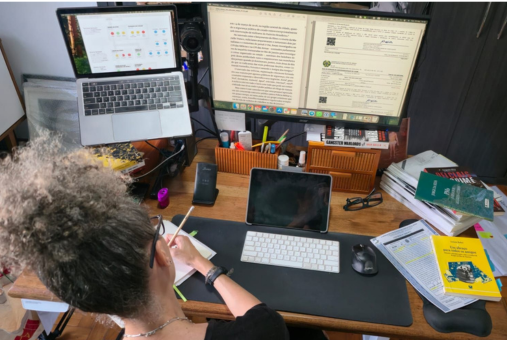
Cecília Olliveira, co-founder of Intercept Brasil, investigates how police officers become militiamen. In her new book, she reveals how these groups evolved into sprawling criminal empires with deep political connections.
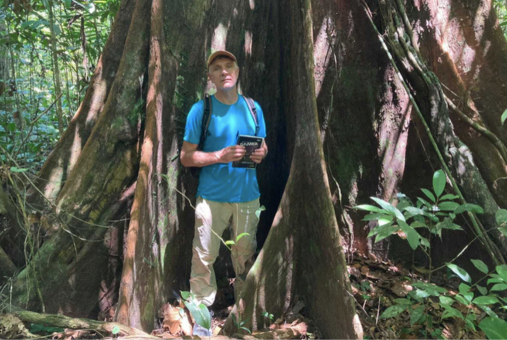
Three years after Dom Phillips was killed alongside Indigenous rights expert Bruno Pereira, fellow journalists completed his final work. He sought to answer how to save the world’s largest rainforest — and why.

A series of reports from Metrópoles uncovered a billion-dollar scheme, triggering further investigations and actions that led to the recovery of funds for retirees and the resignation of a minister. It all began with a Christmas story.

The Codesinfo project by Projor (Institute for the Development of Journalism) begins its second phase to expand the use of tools to combat disinformation and disseminate them to national and international media outlets.
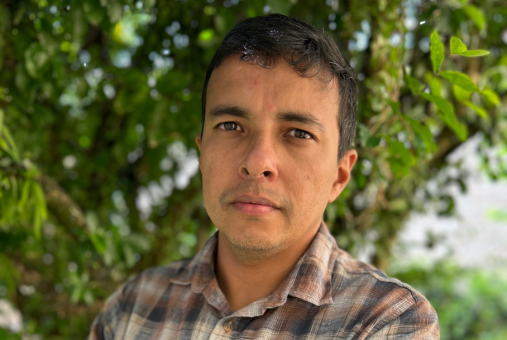
Leading investigative journalist Hyury Potter shares his experiences of reporting in the Amazon, along with lessons and advice he has gathered throughout his career.

Brazilian researcher Otávio Daros has released two books on the history of journalism in Brazil—one analyzing how scholars have traced its evolution from shaping national identity to the present, and the other offering his own fresh take.

The line between journalist and influencer is increasingly blurry, raising questions about ethics, credibility and the future of journalism.
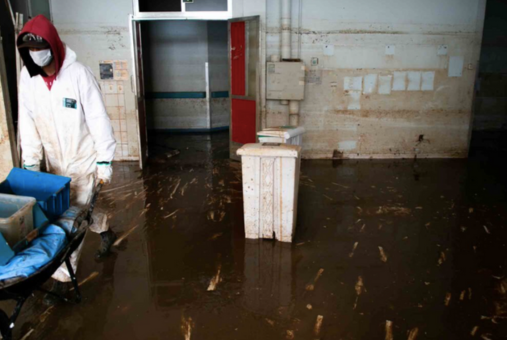
After floods displaced 615,000 people in southern Brazil, local media struggled to stay active. Now, Reporters Without Borders has launched a project to help small outlets prepare for future crises.
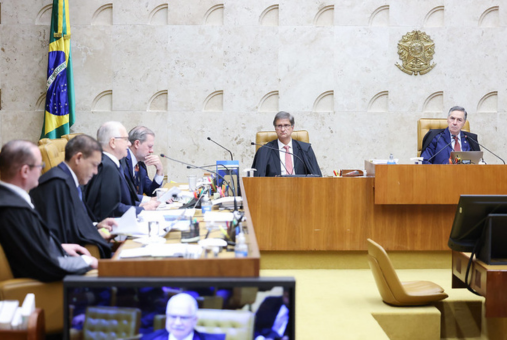
The Supreme Court, updating a 2023 ruling on media liability, says outlets will only be on the hook if they act negligently or knowingly broadcast defamatory statements. They must also guarantee a right of reply to any implicated third party.